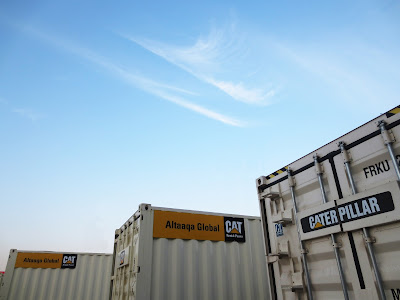Just recently, Venezuela, which heavily relies on hydropower, has announced that it had adjusted its time by 30 minutes, in an effort to reduce the amount of electricity used for lighting. This is the latest of the drastic measures launched by the government to curb power consumption, which also included implementing load shedding for four hours a day across multiple states, enforcing leaves for public-sector employees for three days a week, closing of schools on Fridays, mandating malls and hotels to generate their own electricity for nine hours a day, and requiring heavy industries to cut electricity usage by 20% else they could face hefty fines.
Owing to the power supply challenge in the country, there is an observable tension between the government and the people. The people of Venezuela are clamoring for an urgent definitive resolution of the power challenge. Thus, in order to avoid the deterioration of public security, social stability and economic viability of the country, the government needs to urgently reverse the prevailing situation.
Though the spotlight is currently on Venezuela, such an unsettling scenario can also happen to other hydropower-dependent countries in Latin America, in the face of the worse- and longer- than-expected El Niño. In order to prevent a total collapse of the countries’ power infrastructure, energy experts suggest upgrading existing dams, installing back-up permanent power plants and refurbishing transmission and distribution grids. The caveat is that such initiatives immediately require a substantial sum of financial resources, a dedicated competent supervision and an enormous amount of political will. Moreover, such initiatives can still take years to take shape, and with the gravity of the current power crisis, the affected countries cannot afford to wait.
In the interest of urgency, what the affected countries need are immediate power solutions than can be rapidly delivered and installed, and can supply consistent and reliable power within days and not years.
How can the power crisis be resolved?
Multi-megawatt temporary power plants can immediately provide a resolution to the power crisis in Latin America.
Temporary power plants do not require heavy civil works, and can be connected to the grid regardless of its quality or age. There will be no need for extensive site preparation nor for the refurbishment of the transmission and distribution grid prior to operating temporary power plants. Owing to this, as soon as the generators and other equipment arrive on site, they can be installed, commissioned and powered on within days. In a matter of days, the affected countries will be supplied with consistent and reliable electricity.
By choosing temporary power plants, there will be no need for the affected countries to spend scarce resources on capital expenditure, which is usually the case when procuring power equipment or building permanent power facilities. The affected countries can conveniently pay for the rented electricity from their operating revenues. As the countries’ requirement for electricity increases, they can simply choose to add more power modules to the existing power plant, precluding the need to buy additional equipment or build other permanent facilities. Likewise, in case the power requirement decreases, the load of the temporary power plant can be proportionally adjusted.
Temporary power providers offer a full range of services, including operating and maintaining the power plants. The affected countries can rest assured that rental power providers have well-trained, expert engineers that will ensure that the power plants run at the optimal level all the times.
As the affected countries ease out of the hydropower generation crisis, and as soon as the requirement for supplemental power passes, they can simply choose to end the contract, and the entire temporary power plant will be demobilized. There will be no idle power equipment nor permanent power plants that will require constant maintenance.
There is a solution
Hydropower-dependent countries bearing the brunt of the El Niño will clearly benefit from the immediacy, efficiency, scalability and reliability of temporary power solutions. If expert forecasts are any indication, the long-term resolution of the region’s power crisis may necessitate careful planning, flawless execution, substantial funding and a reasonable time frame. Thus, while the governments and allied stakeholders are working towards a viable solution, rental power plants can support existing energy sources in providing a reliable and continuous electricity when and where it is needed.
For more information on temporary power solutions, visit http://www.altaaqaglobal.com
End
PRESS INQUIRIES
Altaaqa Global
Tel: +971 56 1749505


